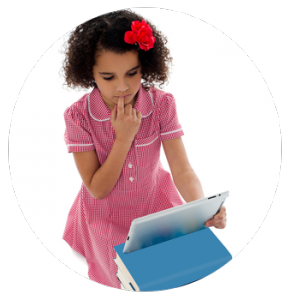
 It is almost self-evident: reading is good for the intellectual development of our children. Reading develops the imagination, fosters the ability to analyze and understand, enriches vocabulary, and allows independent access to knowledge.
It is almost self-evident: reading is good for the intellectual development of our children. Reading develops the imagination, fosters the ability to analyze and understand, enriches vocabulary, and allows independent access to knowledge.
The effects of reading on brain development
Numerous scientific studies have been conducted to confirm this evidence. In 2013, an article published in the journal « Brain Connectivity » by a team from Emory University (United States) showed that reading not only provokes immediate neurological activity at the time of reading but that this activity also leaves traces: people who read have been found to have greater brain connectivity in the long term, even if it is only by reading a few pages a day.
The benefits of reading on screen?
Around the debate on screens and their effects on our children, Storyplay’r naturally raises the question of reading on screen. Are all the benefits of reading limited to reading paper books?
To answer this question, we need to describe more precisely what makes reading good:
- the prominence given to text;
- the active cognitive process of deciphering;
- a minimal stimulation of the senses (as opposed to moving images and video games).
It becomes clear very quickly that none of these characteristics that make reading beneficial are linked exclusively to paper. All these positive effects of reading are equally present in reading on the screen. But only if it remains reading, without moving images and without enriching the text or images.
When we say that screens are not good for children, we should rather say: what is not good for children is what they usually do on them: playing video games and watching films or cartoons.
So the opposition is not between screen and paper as it is too often presented, but rather between the fundamentally different nature of cognitive activity, of « what a child’s brain does » when :
- he reads a book;
- he watches a film or a cartoon;
- he plays a video game.













